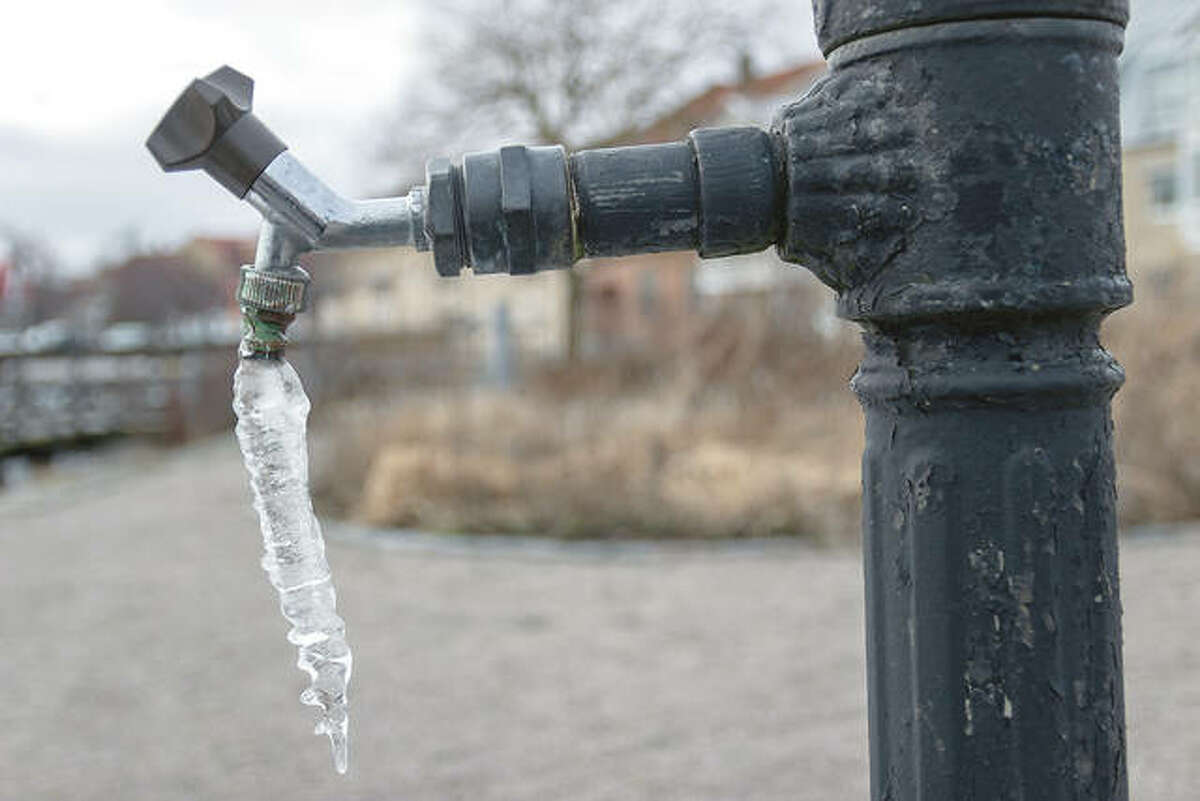Shielding Your Pipes from Freezing Damage: Critical Tips
Shielding Your Pipes from Freezing Damage: Critical Tips
Blog Article
This post on the next paragraphs in relation to Winter Plumbing Precautions: Preventing Frozen Pipes is especially insightful. You should take a look.

Cold weather can damage your plumbing, especially by freezing pipes. Right here's just how to prevent it from happening and what to do if it does.
Introduction
As temperature levels decrease, the risk of icy pipelines rises, potentially leading to pricey fixings and water damages. Recognizing just how to stop frozen pipes is essential for home owners in cold environments.
Comprehending Icy Pipes
What triggers pipes to ice up?
Pipes ice up when revealed to temperature levels listed below 32 ° F (0 ° C) for prolonged durations. As water inside the pipelines ices up, it increases, taxing the pipeline wall surfaces and possibly creating them to break.
Dangers and damages
Frozen pipelines can lead to supply of water disturbances, property damage, and pricey fixings. Ruptured pipelines can flooding homes and create comprehensive architectural damage.
Indications of Frozen Pipeline
Determining frozen pipes early can avoid them from bursting.
How to identify frozen pipes
Seek reduced water circulation from taps, unusual smells or sounds from pipes, and visible frost on exposed pipelines.
Avoidance Tips
Protecting susceptible pipelines
Cover pipes in insulation sleeves or use heat tape to protect them from freezing temperatures. Concentrate on pipes in unheated or outside locations of the home.
Heating methods
Keep indoor rooms appropriately heated, specifically locations with plumbing. Open cupboard doors to enable warm air to distribute around pipelines under sinks.
Shielding Outdoor Plumbing
Yard pipes and exterior taps
Disconnect and drain garden tubes before winter months. Set up frost-proof faucets or cover outside faucets with shielded caps.
What to Do If Your Pipelines Freeze
Immediate actions to take
If you presume icy pipes, keep taps open up to alleviate stress as the ice thaws. Use a hairdryer or towels soaked in warm water to thaw pipelines slowly.
Long-Term Solutions
Architectural modifications
Take into consideration rerouting pipes far from exterior wall surfaces or unheated locations. Include additional insulation to attic rooms, basements, and crawl spaces.
Updating insulation
Purchase premium insulation for pipes, attics, and walls. Proper insulation assists maintain consistent temperatures and reduces the risk of icy pipelines.
Verdict
Preventing icy pipelines calls for positive procedures and fast reactions. By comprehending the causes, indicators, and safety nets, home owners can shield their pipes during cold weather.
Helpful Tips to Prevent Frozen Pipes this Winter
UNDERSTANDING THE BASICS: WHY PIPES FREEZE AND WHY IT’S A PROBLEM
Water freezing inside pipes is common during the winter months, but understanding why pipes freeze, and the potential problems it can cause is crucial in preventing such incidents. This section will delve into the basics of why pipes freeze and the associated problems that may arise.
THE SCIENCE BEHIND FROZEN PIPES
When water reaches freezing temperatures, it undergoes a physical transformation and solidifies into ice. This expansion of water as it freezes is the primary reason pipes can burst. As the water inside the pipe freezes, it expands, creating immense pressure on the walls. If the pressure becomes too great, the pipe can crack or rupture, leading to leaks and water damage.
FACTORS THAT CONTRIBUTE TO PIPE FREEZING
Low Temperatures: Extremely cold weather, especially below freezing, increases the risk of pipes freezing. Uninsulated or Poorly Insulated Pipes: Pipes located in unheated areas, such as basements, crawl spaces, or attics, are more prone to freezing. Insufficient insulation or lack of insulation altogether exacerbates the problem. Exterior Wall Exposure: Pipes running along exterior walls are susceptible to freezing as they encounter colder temperatures outside. Lack of Heating or Temperature Regulation: Inadequate heating or inconsistent temperature control in your home can contribute to frozen pipes. PROBLEMS CAUSED BY FROZEN PIPES
- Pipe Bursting: As mentioned earlier, the expansion of water as it freezes can cause pipes to burst, resulting in significant water damage.
- Water Damage: When pipes burst, it can lead to flooding and water damage to your property, including walls, ceilings, flooring, and personal belongings.
- Structural Damage: Prolonged exposure to water from burst pipes can compromise the structural integrity of your home, leading to costly repairs.
- Mold and Mildew Growth: Excess moisture from water damage can create a favorable environment for mold and mildew growth, posing health risks to occupants.
- Disrupted Water Supply: Frozen pipes can also result in a complete or partial loss of water supply until the issue is resolved.
WHY CERTAIN PIPES ARE MORE PRONE TO FREEZING
- Location: Pipes located in unheated or poorly insulated areas, such as basements, crawl spaces, attics, or exterior walls, are at higher risk of freezing.
- Exterior Pipes: Outdoor pipes, such as those used for irrigation or exposed plumbing, are particularly vulnerable to freezing as they are directly exposed to the elements.
- Supply Lines: Pipes that carry water from the main water supply into your home, including the main water line, are critical to protect as freezing in these lines can affect your entire plumbing system.
- Underground Pipes: Pipes buried underground, such as those connected to sprinkler systems or outdoor faucets, can be susceptible to freezing if not properly insulated.
https://busybusy.com/blog/helpful-tips-to-prevent-frozen-pipes-this-winter/

Hopefully you liked our topic on How to Prevent Your Pipes From Freezing. Many thanks for taking the time to read through our posting. Sharing is good. Helping people is fun. We recognize the value of reading our article about How to prepare your home plumbing for winter weather.
Detail Report this page